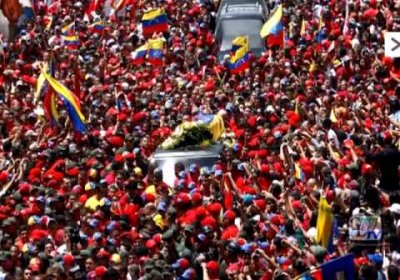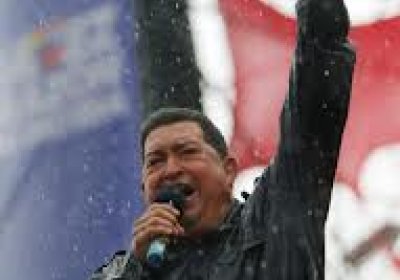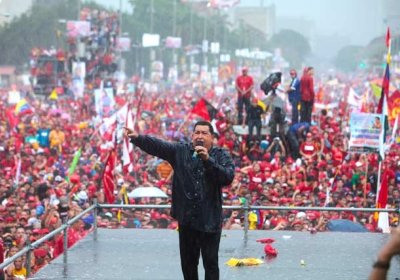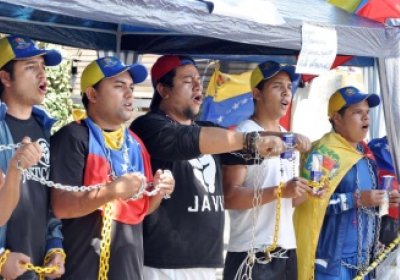Venezuela Analysis journalist Tamara Pearson's passionate and insightful report on the feeling among the Venezuelan people after the passing of President Hugo Chavez, the response of the opposition, the people's determination to continue their revolution, and the importance of international solidarity. Film by Green Left TV.
Venezuela
Hugo Chavez has died — undefeated. Yes, undefeated. Chavez, no matter how many times the corporate media and the cheerleaders of the status quo call him a dictator, was elected repeatedly with overwhelming majorities. No matter how many times this slur is moronically or mendaciously repeated, people know the truth. No less than Jimmy Carter certified Venezuela's elections as amongst the most fair and transparent his organization has ever observed. And the voter turnouts that elected Chavez were usually far, far higher than those in the U.S.
Venezuelan ecosocialist Miguel Angel Nuñez, an adviser to Chavèz on agro-ecology, discusses one of the big challenges for the revolution "How can the revolution be liberated from the oil economy" in an interview for Green Left TV. The interviewers were Jim McIlroy and Coral Wynter, authors of Voices from Venezuela. Filmed and edited by Peter Boyle.
- Previous page
- Page 47
- Next page









